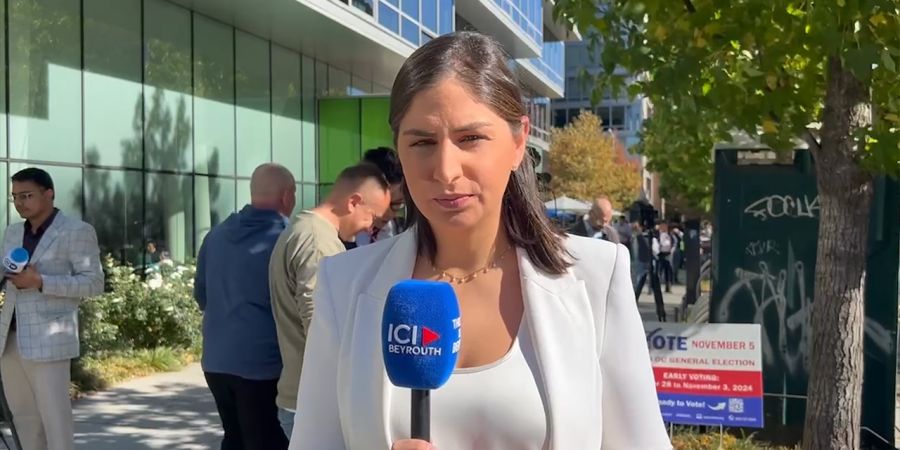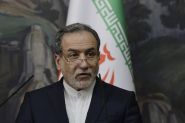Live from Washington D.C.: Key Updates on the Historic US Presidential Election
- 05/11/2024
- 5 comments
- 36
- 125


This is Beirut 11:25

This is Beirut 09:30

This is Beirut 10/05 17:25

Tilda Abou Rizk 10/05 11:00

This is Beirut 10/05 10:40


This is Beirut 14:52

This is Beirut 14:42

This is Beirut 11:50

This is Beirut 06:20
Rayan Chami 16:05
This is Beirut 13:55
This is Beirut 13:45
Rayan Chami 12:00

This is Beirut 10/05 15:45

Christiane Tager 10/05 10:00

This is Beirut 09/05 19:00

This is Beirut 09/05 18:55

This is Beirut 09/05 18:50

Bélinda Ibrahim 17:30

This is Beirut 13:45

This is Beirut 10:30

Bélinda Ibrahim 10/05 17:00

This is Beirut 10/05 10:50

This is Beirut 18:00

This is Beirut 13:10

Makram Haddad 09:30

This is Beirut 10/05 20:40

This is Beirut 10/05 16:50

Karl Hajj Moussa 10/05 10:30

This is Beirut 08/05 15:15

Bélinda Ibrahim 07/05 12:00

Makram Haddad 02/05 15:05

Bélinda Ibrahim 30/04 15:00

par Ici Beyrouth, 20:05

par Ici Beyrouth, 19:53

par Ici Beyrouth, 19:44

par Ici Beyrouth, 18:05

par Ici Beyrouth, 18:00